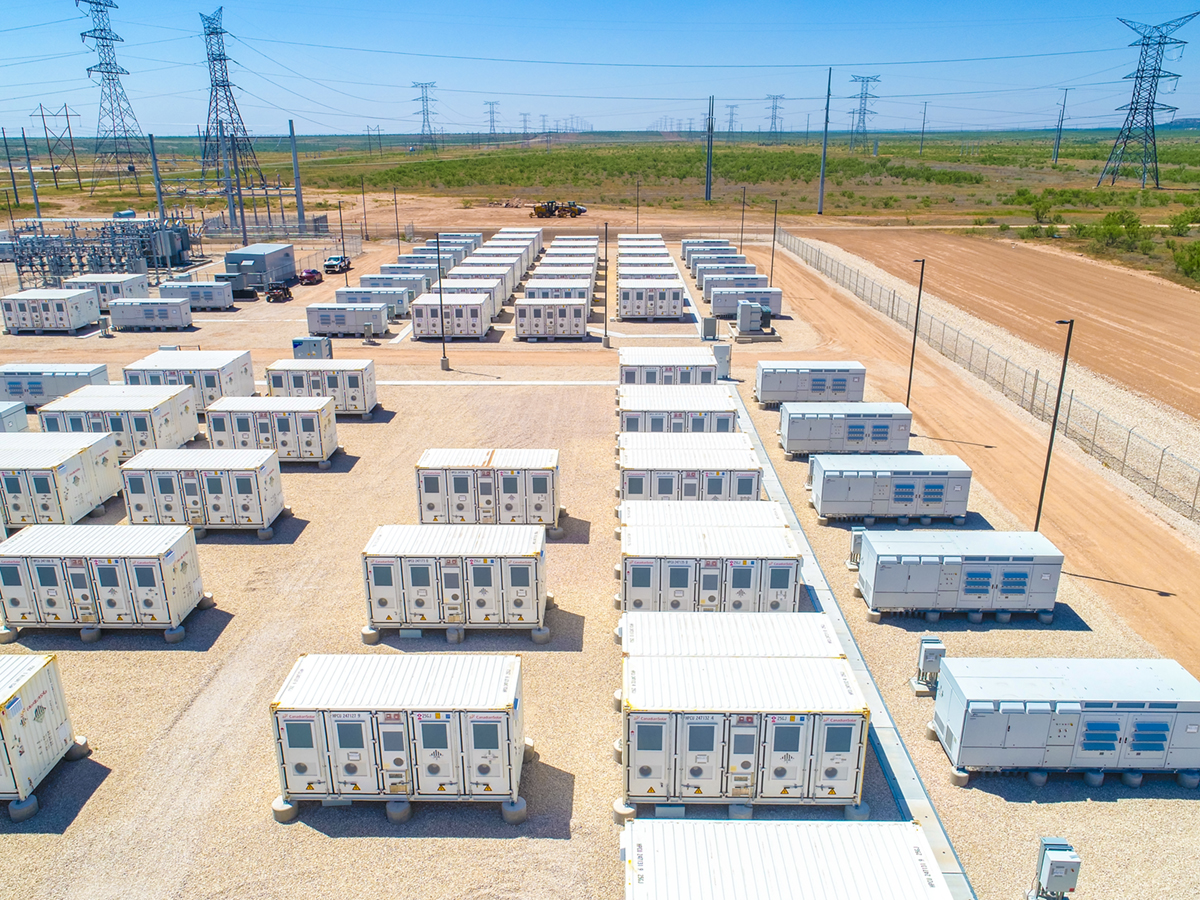PCL wins EPC contract for battery energy storage system
It is Nova Scotia’s first grid-scale battery energy storage system (BESS) and it will be built by Canadian Solar’s e-STORAGE.

Key Takeaways:
- PCL Construction has been selected to support the engineering, procurement, and construction (EPC) works for Nova Scotia’s first grid-scale battery energy storage system (BESS) projects, partnering with Canadian Solar’s e-STORAGE.
- The projects, totaling 150 MW / 705 MWh DC, will be located in Bridgewater, Waverley, and White Rock.
- Construction is set to be completed by the end of 2026, with the first site operational in 2025.
The Whole Story:
PCL Construction has announced it will support the engineering, procurement and construction (EPC) works for Nova Scotia’s first grid-scale battery energy storage system (BESS), which will be built by Canadian Solar’s e-STORAGE.
PCL has been selected to complete the E House with switch gear, all civil scopes, landing invertors, BESS systems and electrical and mechanical connections for the three energy storage projects in Nova Scotia totaling 150 MW / 705 MWh DC. The project sites are in Bridgewater, Waverley and White Rock.
“This is an unprecedented milestone for the local communities and for renewable energy as a whole in Nova Scotia,” said Andrew Moles, general manager of PCL’s solar division. “We look forward to working with Canadian Solar’s e-STORAGE on this exciting new venture to deliver Nova Scotia Power’s flagship energy storage projects.”
“We are thrilled to select PCL to work with us on this significant benchmark in the renewable energy sector. Their strong portfolio as a premier utility-scale solar solutions provider is invaluable for the project,” said Colin Parkin, president of e-STORAGE. “Together, we’re proud to be setting a new precedent for North America by creating local jobs and enhancing grid reliability.”
These projects will play a crucial role in enhancing grid reliability and stability while supporting Nova Scotia’s transition to cleaner energy. Construction will be complete by the end of 2026, with the first site expected to be operational in 2025.

